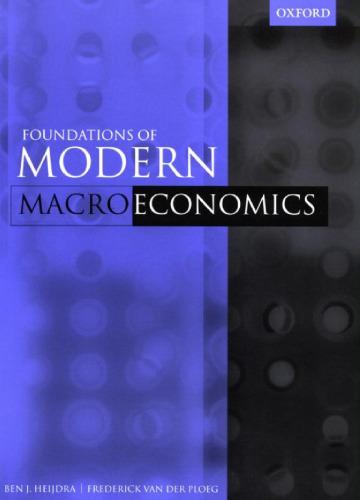In sharp contrast to our conclusion in the previous section, fiscal policy constitutes a beggar-thy-neighbour policy under
Question:
In sharp contrast to our conclusion in the previous section, fiscal policy constitutes a beggar-thy-neighbour policy under real wage rigidity. This can be illustrated with the aid of Figure 11.11. The increase in government spending in the domestic country
(g) raises the interest rate and causes a real appreciation of the domestic economy
(provided ri < 1, which we assume). Since consumer wages are fixed, the producer wage falls in the domestic economy and output and employment are stimulated.
The opposite holds in the foreign country, where the producer wage rises. By raising g, the domestic policy maker causes the foreign producer wage to rise, as foreign workers demand higher nominal wages in order to keep their consumption wage constant after the real depreciation of the foreign currency. For future reference we derive the expressions for the various output multipliers. First we use (GMER)
and (GMER) to derive the effect of domestic and foreign fiscal policy on the real exchange rate:
dq dq _ — J)EYREYG , < 0. (11.52) dg dg* 2 [EYQ CONENWi Next, we use (ASR ), (ASR), and (11.52) to derive the output effects:
dy dy dy* _dy* = (1 — 0(1 — a)(DNENwEYREYG > 0.
dg dg* dg* dg 2 [EYQ (.WNENW]
Step by Step Answer:

Foundations Of Modern Macroeconomics
ISBN: 9781264857937
1st Edition
Authors: Ben J. Heijdra, Frederick Van Der Ploeg






